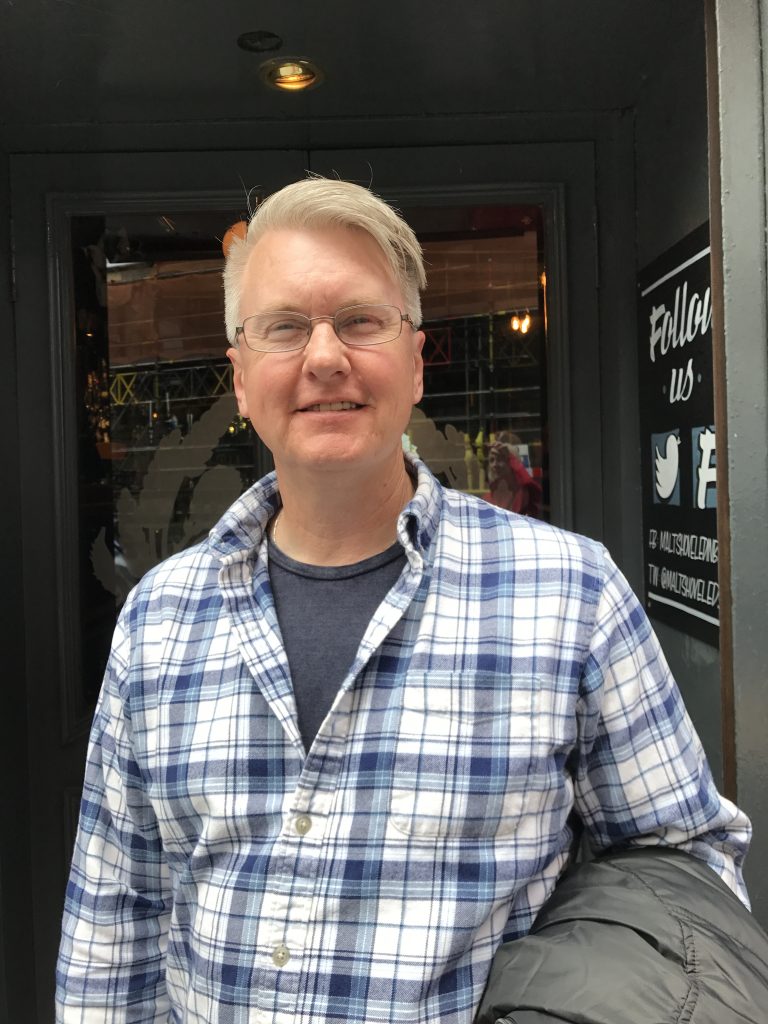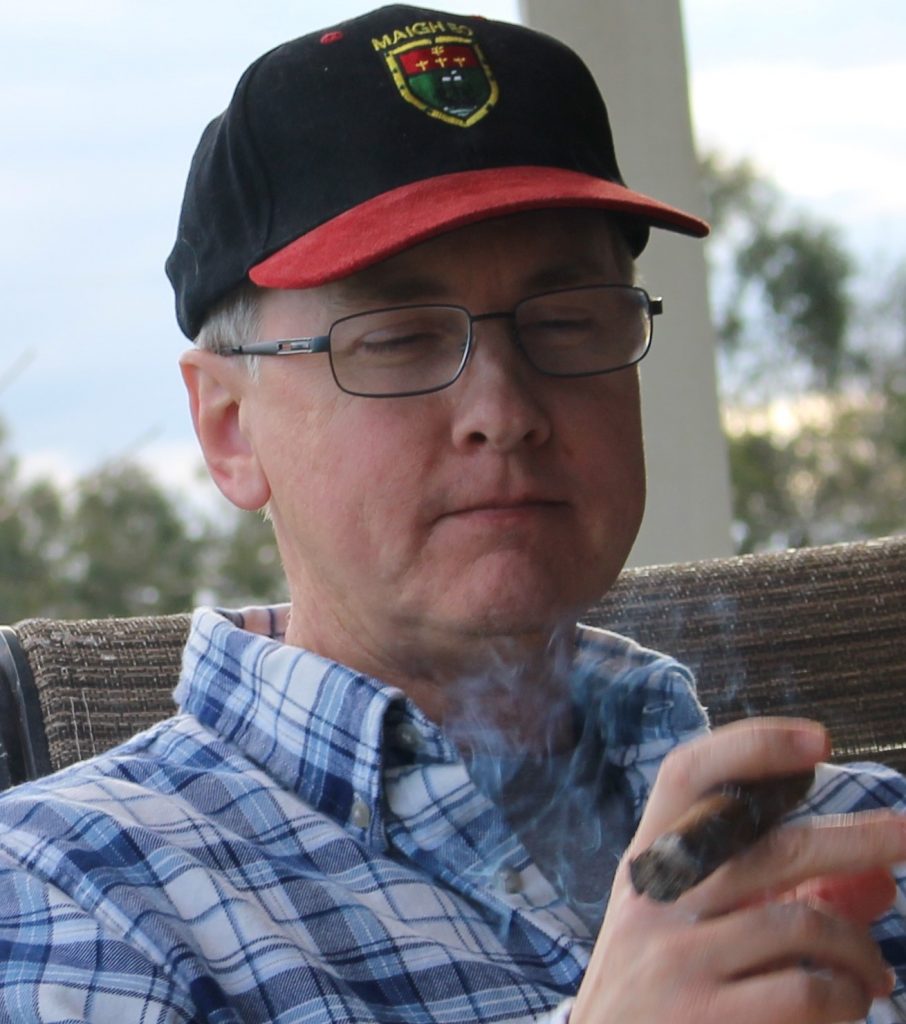
G. Allen Wilbanks is a retired police officer living in Northern California. For twenty-five years he wrote collision and crime reports during the day to pay the bills, and short fiction during his off-time to stay sane. In 2016, he retired from real life to devote his full attention to fantasy. He has published two short story collections, and the novel, When Darkness Comes. His short stories have appeared in Daily Science Fiction, Deep Magic, The Talisman and dozens of other magazines and anthologies all over the world.
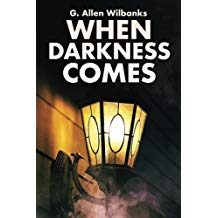
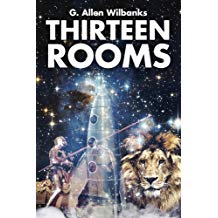
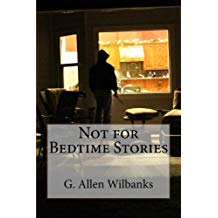
Tell me about your writing process: schedule, environment, inspirations, black magick spells, etc.
I live on five acres of property in a rural neighborhood, so I spend most of my day isolated from other people. I’m okay with that, though, because it gives me time to write with minimum distractions. I’m also a bit of a hermit if I’m being honest. I like the isolation. Most of my days look pretty similar. I wake up in the morning about 7 AM to say goodbye to my wife as she heads out the door to go to work. I start my morning with a four or five mile walk through the pastures and farmlands surrounding my home while I listen to audiobooks (since I rarely have to time to sit and read a book anymore). Back home, I work in my yard tending the garden and fruit trees for a couple hours (still listening to a book), and then about 11 o’clock I settle into my den to write. My wife gets home about 6 PM each day and usually finds me at my desk still working on whatever WIP I’ve chosen for that day.

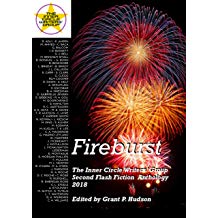
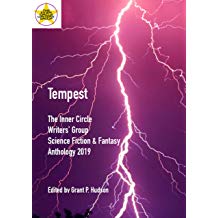
Walk me through your publishing process, from “final” draft to final product, and marketing strategies.
I have published three books: two collections of short stories and one novel. I published each of them through CreateSpace (which has since been bought out by KDP Select). The software was very user-friendly and made the process as simple as possible for a newbie like myself. There is software for making your own cover and creating your own layout for the cover of the book, but I would actually recommend reaching out to a professional cover artist or designer. It makes a world of difference and your book will look much more appealing to a potential reading audience.
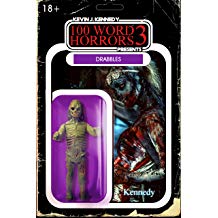
Marketing is the hard part. I am a bit of an introvert and am much more comfortable writing stories than trying to convince others to buy them. This is still an area I am working on improving. If you are publishing traditionally, there are usually people working for the publishers who are responsible for marketing, but if you are an indie writer like me, you need to get the word out on your own. Social media is the key to attracting readers. It is more than just telling people you have a book for sale; you need to get people interested in you personally first—then they might get curious enough to purchase what you have written. Building a following is a slow, gradual process. I wish I could give you some secret or tip to sell a million books, but I haven’t figured it out myself just yet.
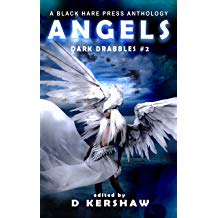
Talk about your support system online and IRL, especially your biggest cheerleaders.
My biggest supporter in my writing is my best friend and fellow writer, Wes Blalock. Our paths have paralleled each other’s in many ways. We both had careers in law enforcement before focusing on writing full time. Although we tend to write in different genres, we beta read much of each other’s manuscripts, offer editing advice, and encourage one another with our projects. We have even attended writing events together.

Online, I have joined several writing groups on Facebook and have connected with writers all over the world on Twitter. I find I get to know people a little better and interact more with them on Facebook, but the groups you join are important. Many of them are looking for people to sell books and writing services to rather than provide support and help. Choose carefully. Look for the groups that support one another, share publishing opportunities, and offer advice when you have serious questions about the process of writing or publishing.
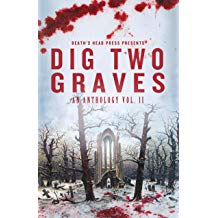
How does life, and career in law enforcement, influence your writing and vice versa?
While I was working in law enforcement, much of my writing was very dark. It focused on human cruelty and personal suffering. My ideas frequently came from real life incidents I had investigated, then I would twist the tale to give it a more suspenseful feel or add supernatural elements. Writing was cathartic for me then, it helped me process all the ugliness and violence I dealt with in my job. Now that I’m retired, I still love writing horror stories, but I have found myself moving more into the realms of dark fantasy and surrealism. I guess as my life has become less chaotic, so has my storytelling.
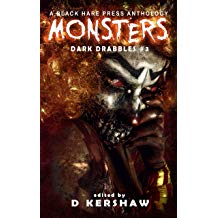
What do you love most about your creativity?
When I was working as a police officer, writing was one of the ways that I dealt with stress. Writing (and reading) short stories helped me deal with some of the harder emotional aspects of my job in a healthier way than drinking or trying to ignore them. Creating a story allowed me to decompress and to process my feelings.
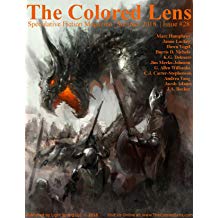
Although I am no longer dealing with the same level of stress in my life, writing is still a great outlet. I take pieces of dreams, ideas, and feelings and try to create something complete and wonderful out of them. I keep notebooks all around the house because I never know when a thought or somebody’s comment might trigger a new story idea. I absolutely love seeing a published final version of a story that started out as just a bunch of fragments of ideas and emotions. It is even more rewarding when I hear from someone who enjoyed reading something I created, but that is not the main reason I write. I think even if I never published another piece, I would continue to write just for the peace and enjoyment it brings me.
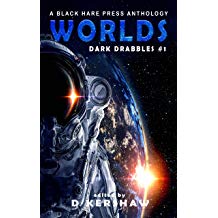
Connect with Wilbanks :
Website: https://gallenwilbanks.com/
Blog: http://deepdarkthoughts.com/home/
Amazon: https://www.amazon.com/G.-Allen-Wilbanks/e/B07GM6C9KD
Facebook page: https://www.facebook.com/gallenwilbanks/
Twitter: https://twitter.com/gallenwilbanks
